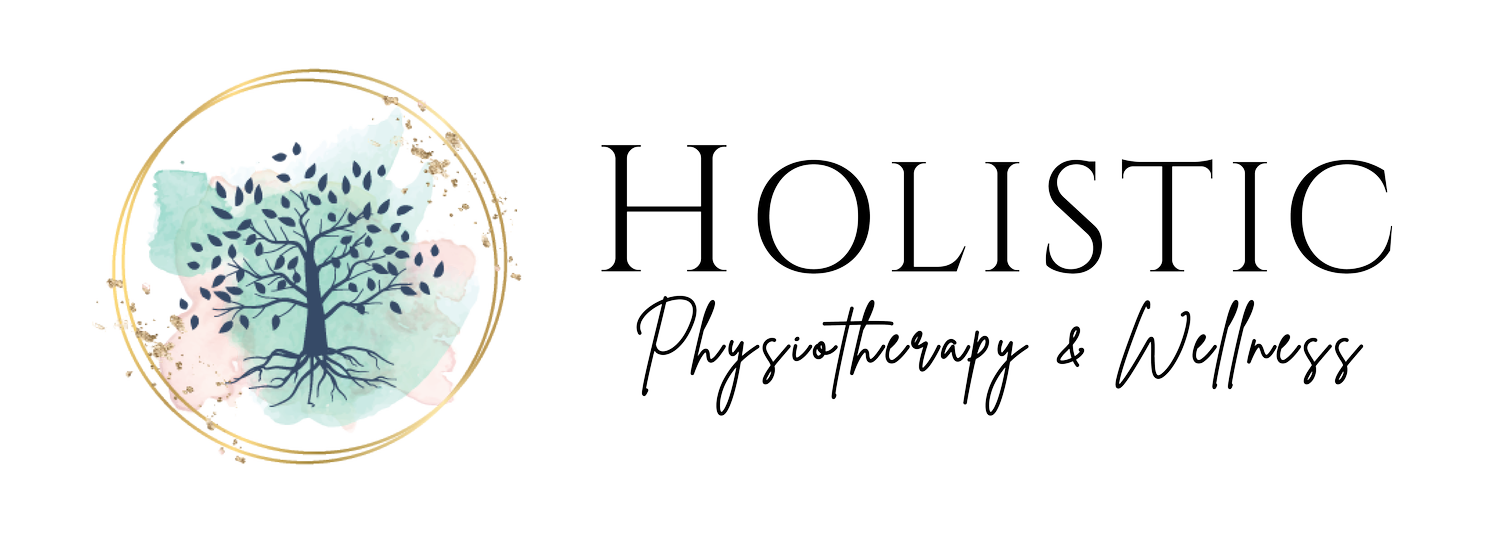Paediatric Physiotherapy and Head Shape Changes
Written by Julia Koop | February 21st, 2024
We love our babies. We inhale the scent of their baby-shampoo-smelling hair, we watch over them when they sleep and we can’t take our eyes off their perfect little faces.
So what do you do if you notice that the shape of your baby’s head has… changed.
Hopefully, you call on the highly trained paediatric physiotherapists in Saskatoon at Holistic Physiotherapy & Wellness. Julia Koop and Danielle Bararuk assess head shape and intervene to help your child.
Head Shape Changes in Infants
In this blog, we will explore different aspects of head shape changes, the role of paediatric physiotherapy interventions, developmental delays, the use of helmets, and when it's essential to seek paediatric physiotherapy.
Before we do that, it’s important to understand what head shape change is and what the possible causes are. If your paediatrician has ever talked to you about plagiocephaly or brachycephaly, they are talking about head shape.
Plagiocephaly is a condition characterised by the flattening of one side of the back of a baby's head. Brachycephaly is slightly different. It involves flattening across the entire back of a baby's head, giving it a wider appearance. Both conditions are often caused by consistent pressure on one part of the skull. Consistent pressure can be due to factors like sleeping position preferences or limited neck movement.
Early Intervention Physiotherapy
Early intervention is important for addressing head shape concerns. As your child grows, the bones in their skull fuse together. If fusion takes place while the head is shaped abnormally, this abnormal head shape becomes permanent. Early intervention can minimise the degree of head shape change and help resolve it before fusion takes place.
After a full evaluation of the child’s condition and individual needs, we can get to work. Each child is unique, but interventions may include the following: tummy time exercises that help strengthen the neck and upper body muscles, promoting a more symmetrical head shape; stretching and range of motion exercises that enhance a baby's neck movement and prevent asymmetry; and positioning techniques - we educate parents on optimal positioning during sleep and play, which can make a significant contribution towards preventing and correcting head shape changes.
Developmental Physiotherapy
Because head shape changes occur for multiple reasons, we also conduct evaluations that can identify developmental delays. If delays are identified, we work with you and your child to enhance gross motor skills, coordination, and overall physical development. Early intervention is important to minimise the potential long-term impact of developmental delays.
Helmet Therapy for Infants
There are some instances where head shape correction requires more than physiotherapy intervention. In those cases,we will discuss the use of a helmet with you. The recommendation to use a helmet is only made after careful evaluation and assessment.
Helmets are custom-made to gently redirect skull growth, promoting a more symmetrical head shape. While helmet therapy is a valuable tool, we always recommend it in conjunction with other physiotherapy interventions to achieve optimal results.
In Saskatchewan, helmeting requires a referral to a specialist. We can make that referral for you.
When to See a Paediatric Physiotherapist
Paediatric physiotherapists are trained in the early detection of a wide change of paediatric health problems. We recommend parents come and see us if they have any concerns about their child’s wellness and development.
In particular, paediatric physical therapy can help with the following:
Head Shape Changes: flat spots, ear shifts, bulges of the forehead
Developmental Delays: not sitting, rolling, crawling, walking, etc. like children of a similar age
General Movement: not looking both directions, doesn’t move arms or legs like other kids
We love babies and kids, and we love working in tandem with their parents and guardians to give them the best start in life. For head shape changes, developmental delays, and any other concerns you have about your little person, paediatric physiotherapy can be a tremendous source of help and hope.
Consulting with a paediatric physiotherapist is a proactive step towards ensuring a healthy and happy childhood for your little human. Please schedule an appointment today to evaluate any health issues that might affect your child and let us envelope you in our holistic circle of care.


